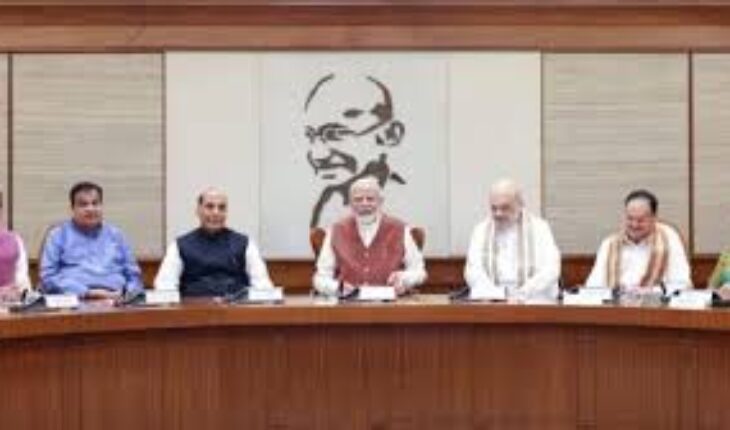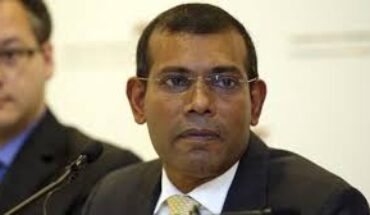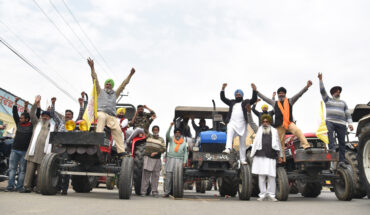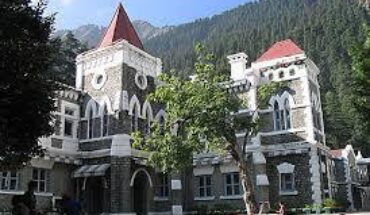New Delhi : The Union Cabinet on Thursday approved the ‘One Nation, One Election’ Bill, aimed at improving electoral processes. The Bill is likely to be tabled in this Winter Session of Parliament.
According to the Centre this legislation will not only streamline the electoral process, but will also foster greater efficiency, and reduce the financial and administrative burden associated with conducting multiple elections at different times.
The Centre has stressed that the concept of ‘One Nation, One Election’ envisions to synchronise the electoral cycles of the Lok Sabha and state Legislative Assemblies, allowing voters to cast their ballots for both polls simultaneously.
By doing so, the government aims to address several challenges posed by the current system of staggered elections, which often lead to prolonged periods of electioneering, disruption in governance, and heightened expenditure.
Earlier in September, the Union Cabinet had approved the proposal for the ‘One Nation, One Election’ Bill.
Congress leader Tariq Anwar, while speaking to IANS, said, “This is a controversial issue. Ours is a federal structure in which it is not possible to implement ‘One Nation, One Election’. The Opposition has not been taken into confidence on the issue. All stakeholders must be taken into confidence before taking such a big decision.”
Earlier, Prime Minister Narendra Modi had hailed the proposal, saying that the Cabinet has accepted the recommendations of the High-Level Committee on Simultaneous Elections.
The High-Level Committee on Simultaneous Elections headed by former President Ram Nath Kovind had recommended holding concurrent elections for the Lok Sabha and state Assemblies followed by synchronised local body polls within 100 days.
However, critics have argued that implementing synchronised elections could pose logistical and constitutional challenges.
They highlight potential difficulties in dissolving Assemblies mid-way or addressing situations where a state government falls before completing its tenure.
Proponents of the Bill on the other hand argue that it will usher in a new era of stability and continuity in policymaking, as governments will no longer have to operate in a perpetual election mode.






